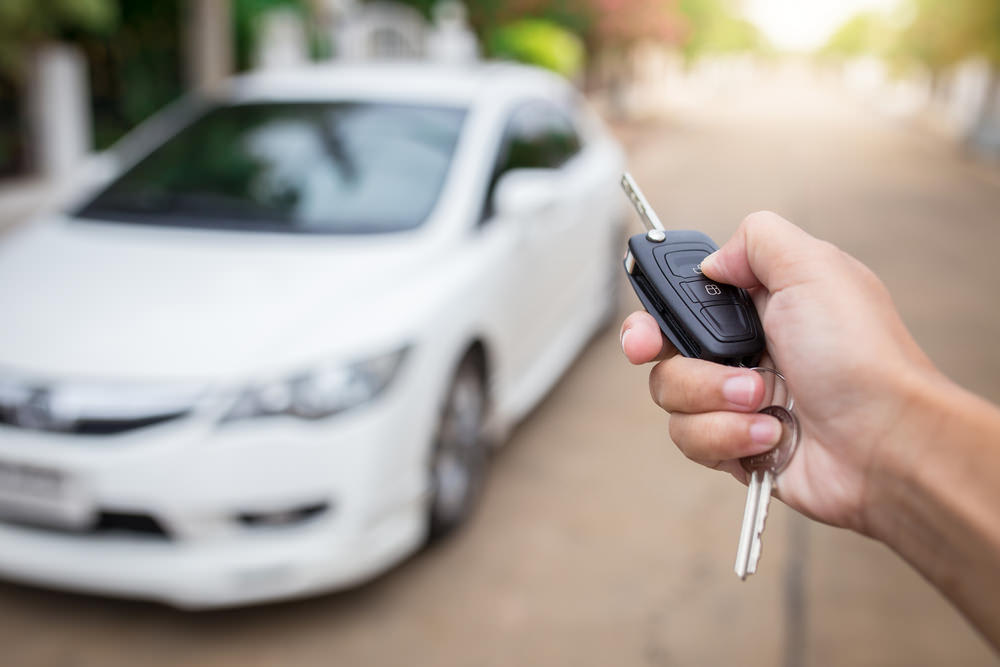

If you’re like many people, you know that when you turn the key in your ignition, the engine cranks and you’re able to drive your car. However, you might not know how that ignition system works. For that matter, you might not even know what type of ignition system your car uses.
The different types of ignition systems
Conventional: While this is called a “conventional” ignition system, it’s something of a misnomer. These are not used on modern cars, at least not in the US. This is an older style of ignition system that uses points, a distributor, and an external coil. They’re high-maintenance, but easily fixed and pretty cheap. Service intervals ranged from every 5,000 to 10,000 miles.
Electronic: An electronic ignition is a modification on the conventional system, and you’ll find these in widespread use today, although distributor-less systems are now becoming more common. In an electronic system, you still have a distributor, but the points have been replaced with a pickup coil, and there’s an electronic ignition control module. These are far less likely to breakdown than conventional systems, and provide very reliable operation. Service intervals on these types of systems are generally recommended every 25,000 miles or so.
Distributor-less: This is the newest type of ignition system and it’s beginning to see very widespread use on newer vehicles. It differs greatly from the other two types. In this system, coils sit directly on top of the spark plugs (there are no spark plug wires), and the system is completely electronic. It’s controlled by the car’s computer. You might be more familiar with it as a “direct ignition” system. They require very little maintenance, with some automakers specifying 100,000 miles between services.
The evolution of ignition systems has provided a number of benefits. Drivers with newer systems enjoy better fuel efficiency, more reliable operation and reduced maintenance costs (the systems are more expensive to maintain, but with maintenance only needed every 100,000 miles, many drivers may never have to pay for a service).



